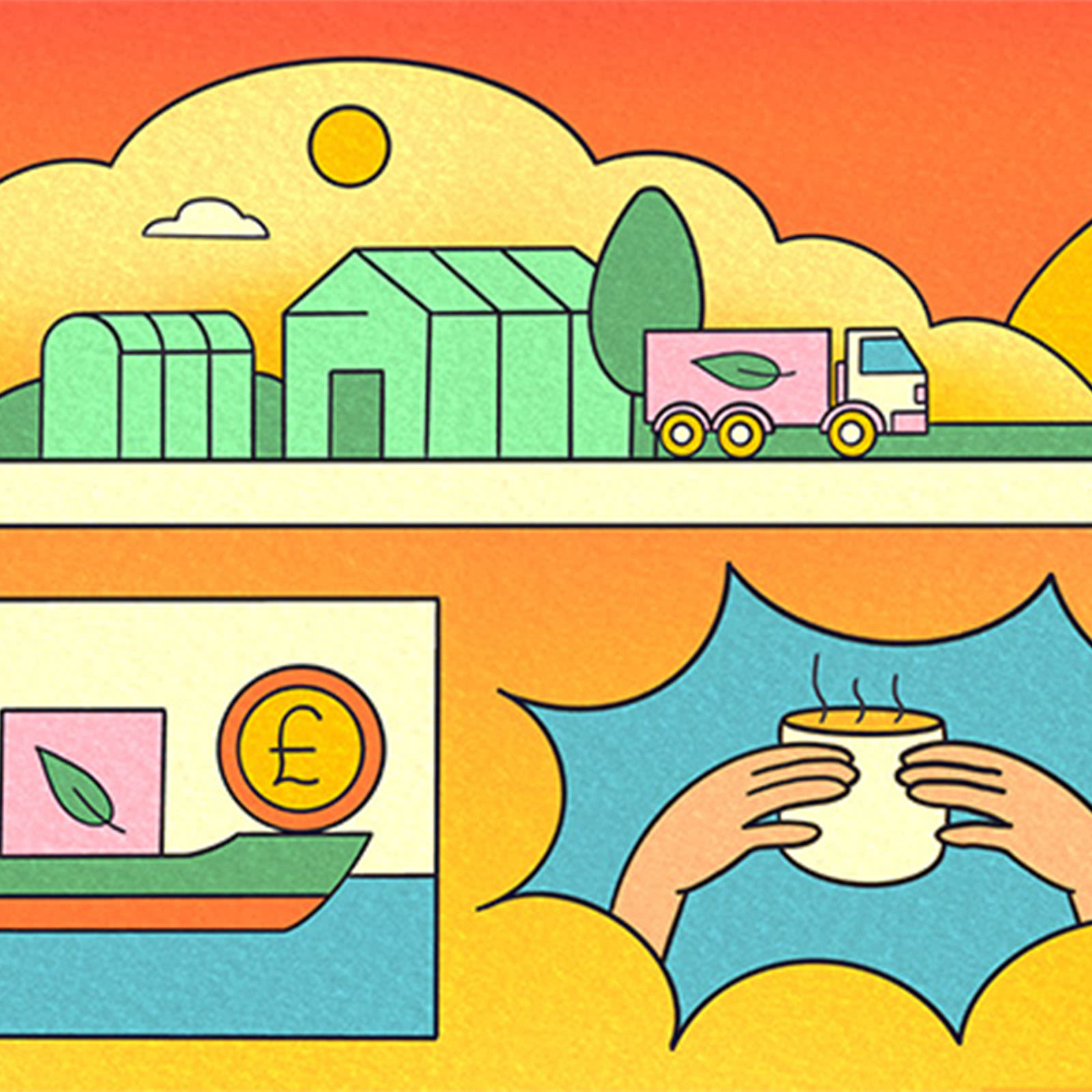
Diipa Büller-Khosla has more than 1.5 million followers on her Instagram, and many of them come to her for information about her skincare or haircare routines. Inspired by this community, her mother's background in ayurvedic medicine and an email in her inbox about starting a company, Diipa's ayurveda-focused beauty brand, Indē Wild, was born.
Having grown such a large community, she thought about how she could use it to her advantage when starting a new business. At the same time, one of Indē Wild's early investors was also speaking to Diipa about the power of focus groups. Straight away, Diipa knew that she wanted to get her follower community involved in launching the business. To date, the Indē Wild team has held a total of 13 focus groups with users in the US, Canada, the UK and India.
How to run a good focus group
Finding people who could be good participants in the focus groups was the first step. Diipa and her team put out three surveys and got around 12,000 responses. From that, the team was then able to distill the applicants down into 20 to 30 people from each target country, specifically choosing the respondents who provided the most in-depth answers about their skincare routines and concerns.
During the two-hour focus groups, the Indē Wild team could then get into the weeds of specific skincare-related concerns and pain points. ‘We asked them which products they felt were missing, so we could essentially create the brand that was missing,’ Diipa says. She recommends having a good mix of surveys and open-ended questions that inspire discussion.
From the survey questions, you can get exactly the information that you need, while open-ended questions can help you discover things from prospective customers that you might not even know about.



The value of multiple perspectives
Diipa found that hosting the focus groups, and thinking of the attendees as collaborators in developing Indē Wild, has had a huge impact in the two years it's taken to conceptualize and launch the brand. For instance, asking open-ended questions led to the team discovering that there was a real need for an SPF product that suited south-Asian skin. ‘That wasn't part of a structured conversation,’ Diipa admits. ‘It just came from them venting.’ The team also came across huge variations by country and culture, which was vital to be aware of before launching a global brand in multiple countries. ‘Consumers in the US had much more complex skincare routines, while Indian consumers were novices when it came to skincare and beauty,’ Diipa adds. ‘Indian consumers were very price-sensitive, while the US wasn't concerned with price points.’ That then allowed the Indē Wild team to settle on a price point that was affordable and accessible for both markets.



Keep the relationship going
Diipa emphasizes that she thinks of the focus-group attendees as co-founders, because they've seen the whole process, from brand name changes to logo iterations. It's also been a chance to solidify long-term customer relationships. ‘When we launched, we gave the focus groups the opportunity to get the product for $1, just to thank them,’ she says. ‘They're in awe of what they said being incorporated into the brand.’
For our ‘25 big lessons from small business’ series, we scoured the world to find inspiring people to share the lessons they've learned from running their own companies. Click here to read the other stories.
This special feature was first published in Courier issue 45, February/March 2022. To purchase the issue or become a subscriber, head to our webshop.


